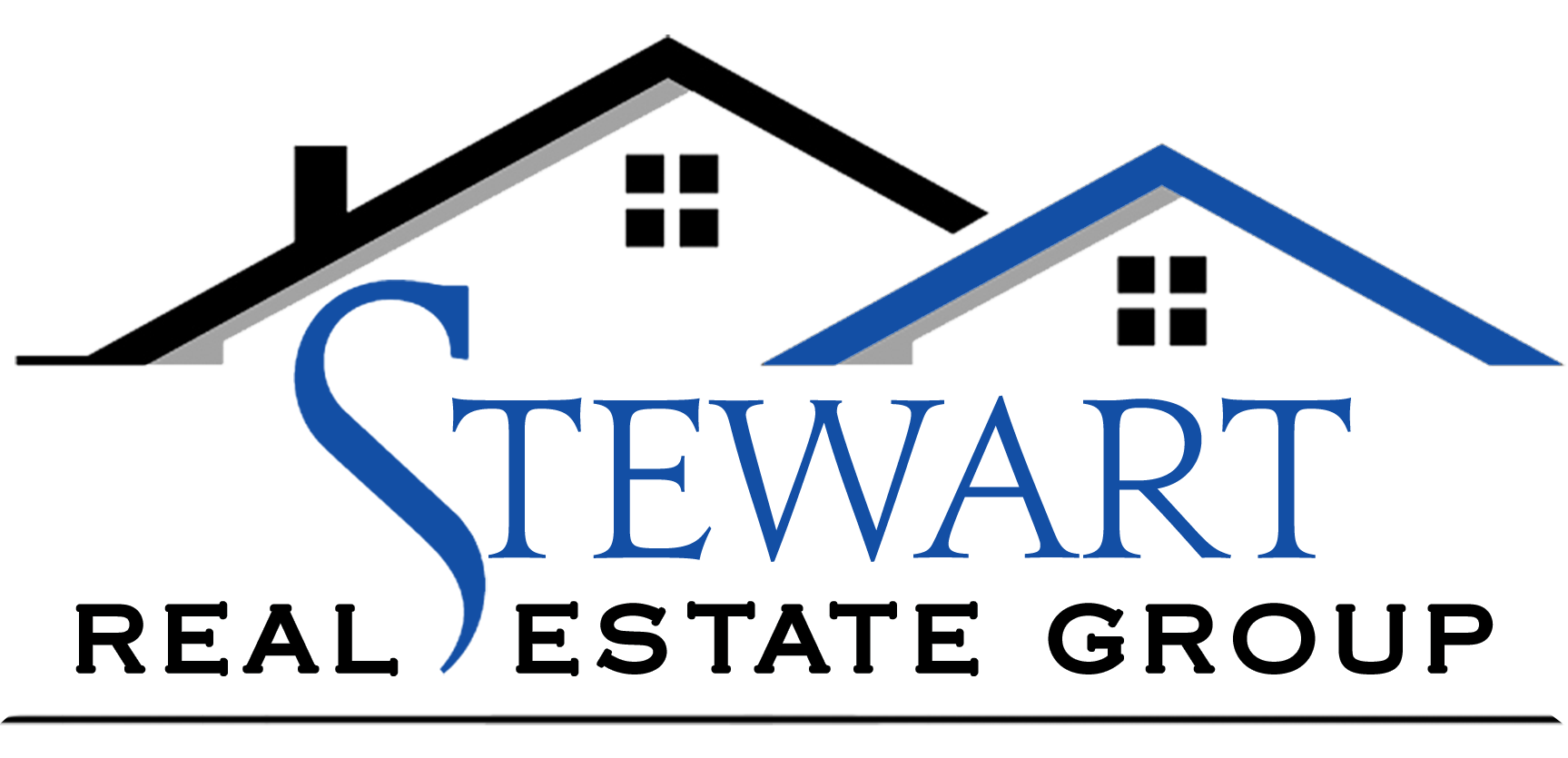A lot of people out there think you need to put exactly 20% down to buy a home because back in the good old days, you had to. Back then, there weren’t a lot of loan programs available, so our parents and our grandparents ended up telling us that we had to save for a 20% down payment.
In reality, most of us can’t save fast enough to be able to put down 20% in today’s market. That’s okay, though, because the good news is there are many loan programs out there that don’t require you to put down 20%.
Before I go any further, let me say that I believe putting 20% down is a smart move. It puts you in an instant equity position and oftentimes allows you to get the best interest rates and financing terms. Additionally, if you’re buying a house to use as a rental property, you’ll have to put down 25%.
Now, if you can’t afford to put down 20%, you want to keep some money in reserve as a safety net when you buy, or it doesn’t make sense in your particular situation to put down 20%, there are various other options you can explore.
Some banks offer loans at 0% down. There are certain qualifiers you’ll have to meet in this case, though. We find that credit unions are often your best bet for getting a loan with no money down because they have a rigorous screening process to make sure you qualify.
“There are many loan programs out there that don’t require you to put down 20%.”
You can also get a government loan, such as an FHA loan, for as little a 3% or 3.5% down. FHA loans are very common with first-time homebuyers because you can put a small amount down and get fabulous terms. Additionally, you can get a conventional loan at 5% or 10% down.
The biggest factor I always tell people to look at when getting a loan is their down payment, because you’re basically buying that payment. It’s possible that putting down an extra few thousand dollars won’t dramatically affect your payment that much, so it might be better to keep that money in the bank and put less down.
As always, all things have to be looked at on a case-by-case basis when you buy a property. You’ll have your own credit score and your own set of financial circumstances that the bank will have to review to decide if you qualify for any of the loan programs I just mentioned. I’m not a loan officer, but I have many great resources I’d love to share with you if you want to talk to a lender and get the process started.
If you have any other questions about this topic or you have any other real estate needs I can help you with, don’t hesitate to reach out to me. I’d love to speak to you.

